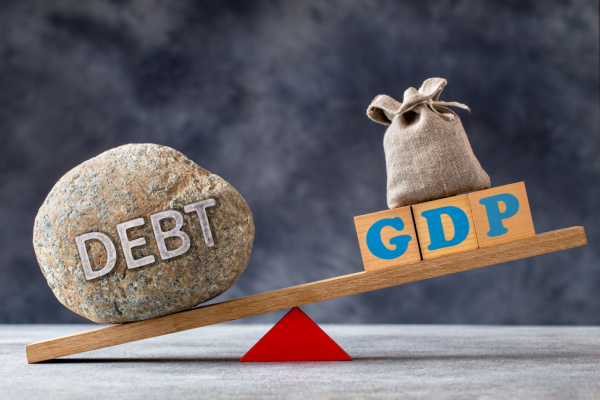Debt Relief Programs: A Comprehensive Guide
Navigating debt can be overwhelming, and seeking relief can feel like a maze. To help you navigate your options, I’ve compiled comprehensive information on different debt relief programs:
Understanding Debt Relief:
-
What is it? Debt relief refers to various strategies or programs aimed at reducing your overall debt burden or making it easier to manage. This can involve lowering interest rates, extending repayment terms, consolidating multiple debts, or even forgiving a portion of the debt.
-
Who is it for? Debt relief programs cater to individuals struggling to manage unsecured debts like credit cards, medical bills, or personal loans. Secured loans like mortgages or car loans usually aren’t included.
-
Types of programs:
- Debt management plans (DMPs): Offered by non-profit credit counseling agencies, DMPs consolidate your debts into one monthly payment with reduced interest rates. You make payments to the agency, who distributes them to creditors.
- Debt consolidation loans: You take out a new loan to pay off your existing debts, resulting in a single, lower-interest payment. This requires good credit and might not significantly reduce your total debt.
- Debt settlement: Companies negotiate with creditors to settle your debts for less than you owe. However, this can damage your credit score and requires stopping regular payments, potentially facing collections.
- Bankruptcy: A legal process providing debt relief through liquidation or reorganization of assets. It has severe consequences for credit score and future borrowing.

Weighing the Options:
- Consider your financial situation and debt amount. Different programs work better for different levels of debt.
- Evaluate the impact on your credit score. Some programs, like debt settlement, can significantly harm your credit.
- Research program fees and interest rates. Some programs charge upfront fees or have higher interest rates.
- Seek professional advice: Consult a credit counselor or financial advisor to determine the best fit for your situation.
Finding Legitimate Help:
- Beware of debt relief scams. Be wary of companies promising quick fixes or unrealistic results. Research companies thoroughly and check reviews.
- Prioritize non-profit credit counseling agencies. They offer free or low-cost debt management plans and counseling.
- Avoid upfront fees and hidden charges. Legitimate programs typically charge ongoing fees based on your debt amount.
Additional Resources:
- National Foundation for Credit Counseling: https://www.nfcc.org/
- Consumer Financial Protection Bureau: https://www.consumerfinance.gov/
- Federal Trade Commission: https://www.ftc.gov/
Remember, choosing the right debt relief program requires careful consideration and research. Don’t hesitate to seek professional guidance to ensure you make the best decision for your financial well-being.
I hope this information helps! Feel free to ask if you have any specific questions about any of the programs or require further details on any point.
